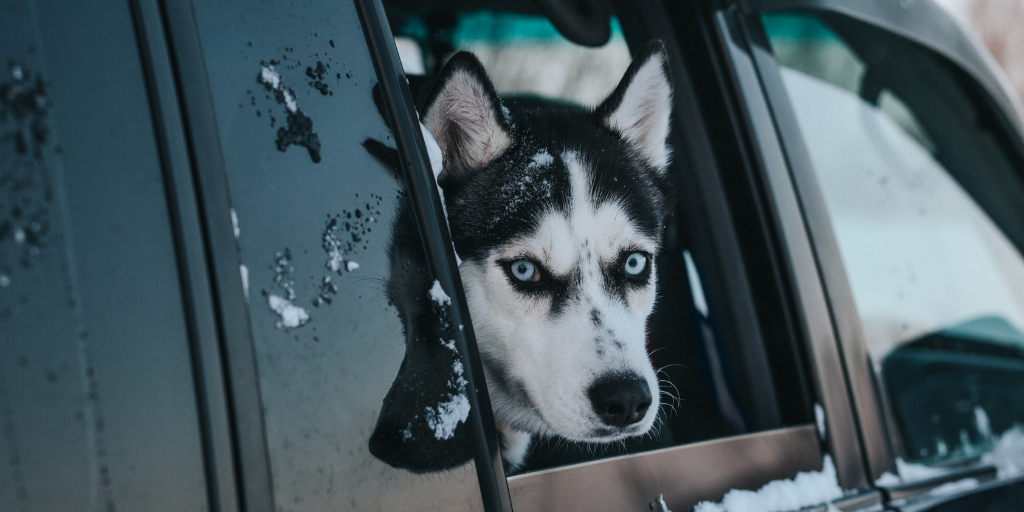As temperatures drop, we do more to battle the cold. We run hot water so pipes don't freeze, salt the ground to melt ice and snow, and use antifreeze in our cars to keep them running. While these tricks are helpful to us humans, they can be dangerous for our pups. Here is an overview of antifreeze poisoning in dogs:
What Is Antifreeze?
Antifreeze is a liquid additive for the water in your car's engine cooling system to stop it from freezing. It works by lowering the point at which the water freezes. It can also aid in heat transfer and protect your engine from corroding.
Antifreeze Poisoning In Dogs
Although this substance is very useful to you, it's very dangerous to your dog due to the active ingredient ethylene glycol, which is toxic to canines. Despite being odorless to humans, antifreeze chemicals smell sweet to dogs, making them attracted to the liquid. Because of all this, it's important to keep antifreeze securely stored away from your dog. Especially if he or she has health issues or a weakened immune system (e.g. senior dogs) or is inquisitive, destructive or tries to get into anything and everything (e.g. puppies).
Symptoms
If your dog does get into antifreeze, it's critical that you act fast, as it can become fatal within 36 to 72 hours. The first symptoms may show up as soon as 30 minutes after ingestion. These include lethargy, hypothermia, vomiting, excessive urination, excessive thirst and uncoordinated movements. Symptoms may appear to improve 12 to 24 hours after ingestion, but your dog is still at risk. During this time period, your dog may be experiencing dehydration and kidney damage. The kidneys then shut down 36 to 72 hours after ingestion, causing abdominal pain, lack of urination, lethargy, depression, seizures, coma and death.
If you believe your dog has ingested antifreeze, seek vet care immediately. In addition, bring along the antifreeze package so the vet can more quickly determine the best treatment. The vet will evaluate your dog, run tests to determine if the level of exposure is enough to compromise his or her health and then come up with a treatment plan.
Treatment
Treating antifreeze poisoning in dogs revolves around preventing their bodies from metabolizing the ethylene glycol. If you take your dog to a vet within the first two hours of ingestion, your vet will likely induce vomiting.Your dog may also receive IV fluids to help flush out the toxic ingredient and keep your dog hydrated. Sometimes, vets can give medications to counter the effects of the ethylene glycol.
Prognosis
The prognosis for antifreeze poisoning in dogs varies, depending on how quickly they receive vet care and treatment. Damage can still occur within hours because ethylene glycol acts so quickly. The lesser the exposure and the faster the treatment, the better the prognosis. If dogs receive prompt and aggressive treatment, the prognosis is usually fair. On the other hand, the prognosis is grave for those already in kidney failure.
How To Avoid Antifreeze Poisoning in Dogs
The best way to avoid your dog being poisoned by antifreeze is to keep it stored securely out of your dog's reach. In addition, clean up any spills or leaks immediately. For extra precautions, barricade your pet from the area for several hours to ensure it's cleaned up. Another option is using "pet-safe" antifreeze products that contain propylene glycol, which isn't completely nontoxic but has a wider margin of safety. It's important to note, however, that even these “pet-safe” antifreeze products can still cause medical complications if your dog ingests large amounts.

